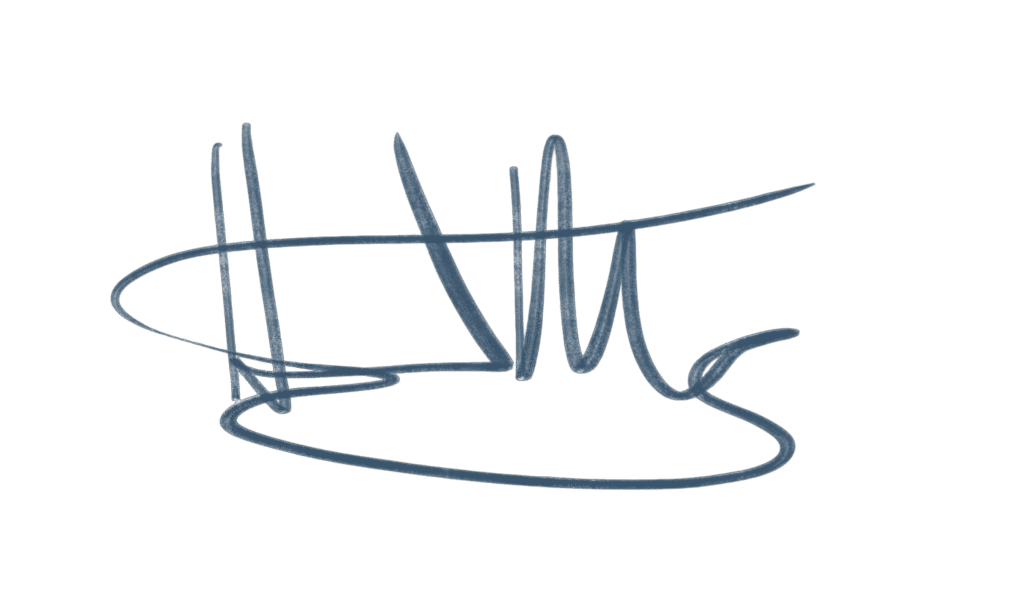Introduction
In the landscape of consumerism, the concept of planned obsolescence has long been a subject of contention. Often associated with unethical business practices, planned obsolescence refers to the deliberate design of products with a limited lifespan, compelling consumers to replace them prematurely. However, as technology advances and societal attitudes evolve, a new paradigm emerges — one that advocates for Viable Obsolescence by Innovation Displacement (VOID). This essay explores the ethical dimensions of transitioning from planned obsolescence to VOID, elucidating its implications for consumers, businesses, and the environment.
Understanding Planned Obsolescence
Planned obsolescence embodies a strategy wherein manufacturers intentionally limit the lifespan of products to stimulate frequent replacements. Rooted in the pursuit of profit maximization, this approach fosters a culture of disposability, where products are perceived as transient rather than enduring possessions. Planned obsolescence manifests in various forms, including functional, systemic, and psychological obsolescence. Functional obsolescence entails the intentional degradation of product performance over time, while systemic obsolescence renders products incompatible with newer technologies. Psychological obsolescence, on the other hand, exploits consumer desire for novelty by deeming older products undesirable or outdated.
Ethical Critique of Planned Obsolescence
Critics of planned obsolescence argue that it undermines consumer trust, promotes unsustainable consumption patterns, and exacerbates environmental degradation. By prioritizing short-term profits over long-term durability, manufacturers perpetuate a cycle of wastefulness, contributing to resource depletion and electronic waste accumulation. Moreover, planned obsolescence engenders a sense of consumer disillusionment, as individuals grapple with the realization that their possessions are deliberately engineered to fail. From an ethical standpoint, planned obsolescence epitomizes prioritizing corporate interests at the expense of consumer welfare and environmental stewardship.
The Emergence of Viable Obsolescence by Innovation Displacement (VOID)
In response to the ethical shortcomings of planned obsolescence, the concept of Viable Obsolescence by Innovation Displacement (VOID) emerges as a transformative alternative. VOID represents a paradigm shift that embraces technological advancement while prioritizing durability, compatibility, and consumer empowerment. Unlike planned obsolescence, which thrives on artificially imposed limitations, VOID acknowledges the inevitability of technological progress and seeks to integrate innovation into the product lifecycle in a sustainable manner.
At its core, VOID embodies the following principles:
- Innovation-Centric Design: Instead of constraining innovation to drive consumption, VOID promotes the continuous improvement of products through iterative design processes. By prioritizing functionality, efficiency, and adaptability, manufacturers can create products that evolve alongside technological advancements.
- Extended Product Lifespan: While planned obsolescence predicates on premature product failure, VOID emphasizes longevity and resilience. Through robust construction, modular components, and repair-friendly designs, products can withstand the test of time and adapt to evolving technological standards.
- Compatibility and Interoperability: VOID recognizes the importance of interoperability in an interconnected world. By fostering compatibility across devices and platforms, manufacturers empower consumers to seamlessly integrate new technologies without rendering existing products obsolete.
- Consumer Empowerment and Education: Central to the VOID ethos is the empowerment of consumers through transparency, education, and choice. By providing access to product information, repair resources, and upgrade options, manufacturers enable consumers to make informed decisions and exert agency over their possessions.
Ethical Implications of VOID
The transition from planned obsolescence to VOID carries profound ethical implications for stakeholders across the consumer, business, and environmental spectrum.
- Consumer Empowerment and Trust: VOID restores consumer trust by prioritizing transparency, reliability, and user-centric design. By empowering consumers to make informed choices and exercise control over their possessions, VOID fosters a sense of ownership and accountability.
- Sustainability and Environmental Responsibility: By extending product lifespans and minimizing waste, VOID mitigates the environmental impact of consumer electronics. Through initiatives such as repairability, refurbishment, and recycling, manufacturers can promote circular economy principles and reduce reliance on finite resources.
- Innovation and Technological Progress: VOID aligns innovation with sustainability, fostering a culture of responsible technological advancement. VOID drives progress toward more efficient, eco-friendly technologies by incentivizing manufacturers to invest in research and development.
- Business Ethics and Corporate Responsibility: As the ethical imperative for sustainability intensifies, businesses face mounting pressure to adopt practices that prioritize social and environmental well-being. VOID represents an opportunity for businesses to demonstrate corporate responsibility, differentiate their brands, and cultivate long-term customer loyalty.
Challenges and Opportunities Ahead
While the transition to VOID holds immense promise, it is not without its challenges. Manufacturers must confront entrenched industry norms, economic incentives, and consumer expectations that perpetuate the culture of planned obsolescence. Moreover, regulatory frameworks, market dynamics, and supply chain complexities present formidable barriers to change. However, these challenges also present opportunities for collaboration, innovation, and collective action.
Conclusion
The transition from planned obsolescence to Viable Obsolescence by Innovation Displacement (VOID) represents a pivotal moment in the evolution of consumerism. By embracing technological advancement while prioritizing durability, compatibility, and consumer empowerment, VOID offers a sustainable alternative to the wasteful practices of the past. As consumers, businesses, and policymakers navigate the complexities of a rapidly changing world, VOID stands as a beacon of hope—a testament to our capacity for innovation, resilience, and ethical stewardship.
In embracing the VOID, we transcend the limitations of planned obsolescence, ushering in a new era of responsible consumption, environmental stewardship, and technological progress. Through our collective commitment to sustainability and innovation, we pave the way for a brighter, more equitable future—one where products endure, resources abound, and possibilities flourish.


